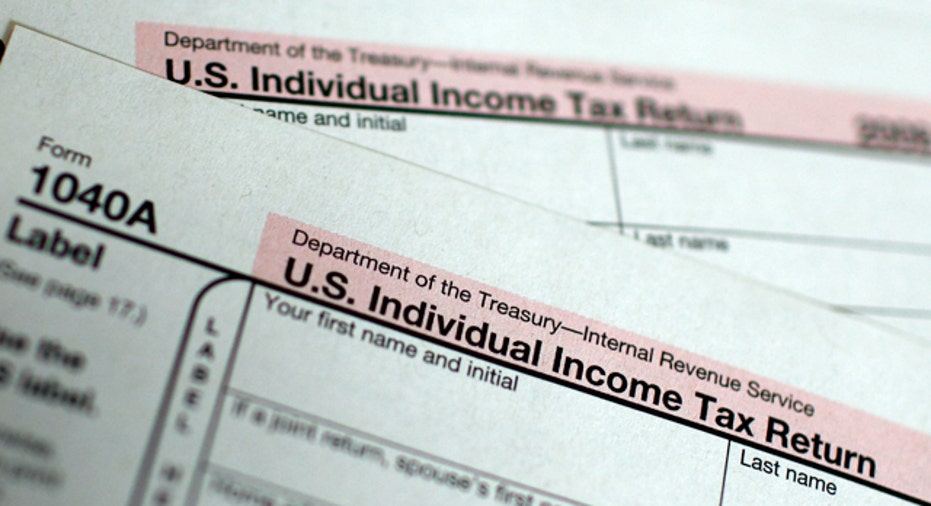Can I Delay Paying Taxes on Savings Bonds?

Dear Dr. Don,
I worked abroad back in the 1980s. Through my employer, I bought U.S. savings bonds. These will be maturing starting next year and over the next few years. I don't need the money now, but I don't want to pay the taxes if I cash them in. Any thoughts?
Thanks,
-Bryan Belay
Dear Dr. Don,
I have Series E savings bonds, which I have had for 30 years. Is there a way to switch them to another series without cashing them in? They stop earning interest in 2016.
Thanks,
-Gerri Govies
Dear Bryan and Gerri,
First, Bryan, if you deferred paying income tax on the interest earnings over the years, the tax bill comes due in the year that the savings bonds are redeemed or reach final maturity, whichever comes first.
And Gerri, I hope you have Series EE savings bonds and not Series E. All Series E savings bonds have stopped earning interest and have matured. Even the Series EE savings bonds that were issued between January 1980 and October 1982 have stopped earning interest and have matured. Series EE savings bonds reach final maturity after 30 years. If you have a Series EE bond that reaches final maturity in 2016, you bought it in 1986.
You used to be able to exchange your Series EE (or E) savings bonds for Series HH savings bonds. That allowed you to continue to defer income taxes on the interest earnings from the Series EE savings bonds, although not on the subsequent interest earned on the Series HH bonds. However, the government hasn't sold Series HH savings bonds since 2004.
Again, the tax bill comes due in the year that the savings bonds are cashed in or hit their final maturity, whichever is first.
Get more news, money-saving tips and expert advice by signing up for a free Bankrate newsletter.
Ask the adviser
To ask a question of Dr. Don, go to the "Ask the Experts" page and select one of these topics: "Financing a home," "Saving & Investing" or "Money." Read more Dr. Don columns for additional personal finance advice.
Bankrate's content, including the guidance of its advice-and-expert columns and this website, is intended only to assist you with financial decisions. The content is broad in scope and does not consider your personal financial situation. Bankrate recommends that you seek the advice of advisers who are fully aware of your individual circumstances before making any final decisions or implementing any financial strategy. Please remember that your use of this website is governed by Bankrate's Terms of Use.



















